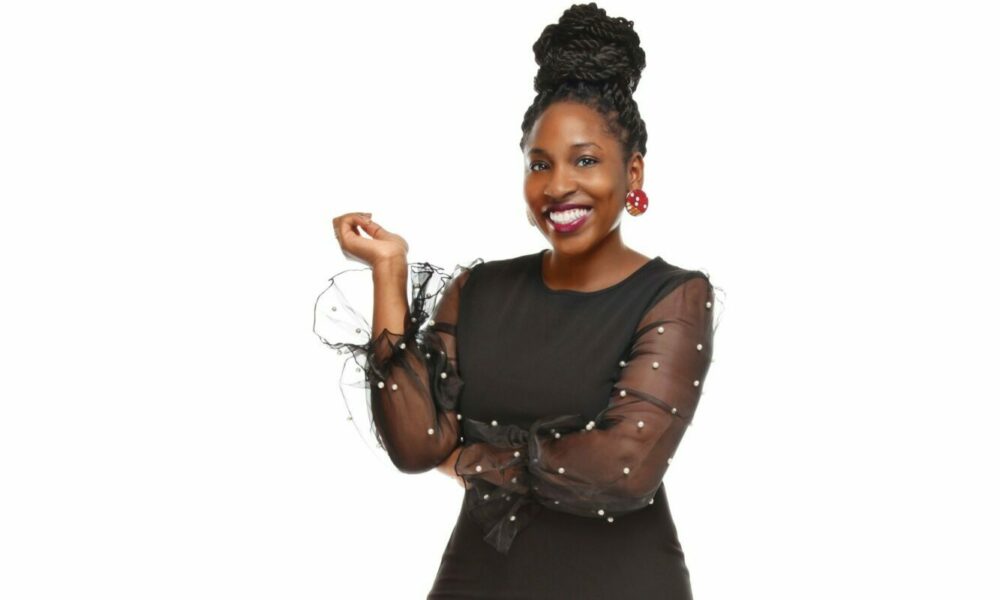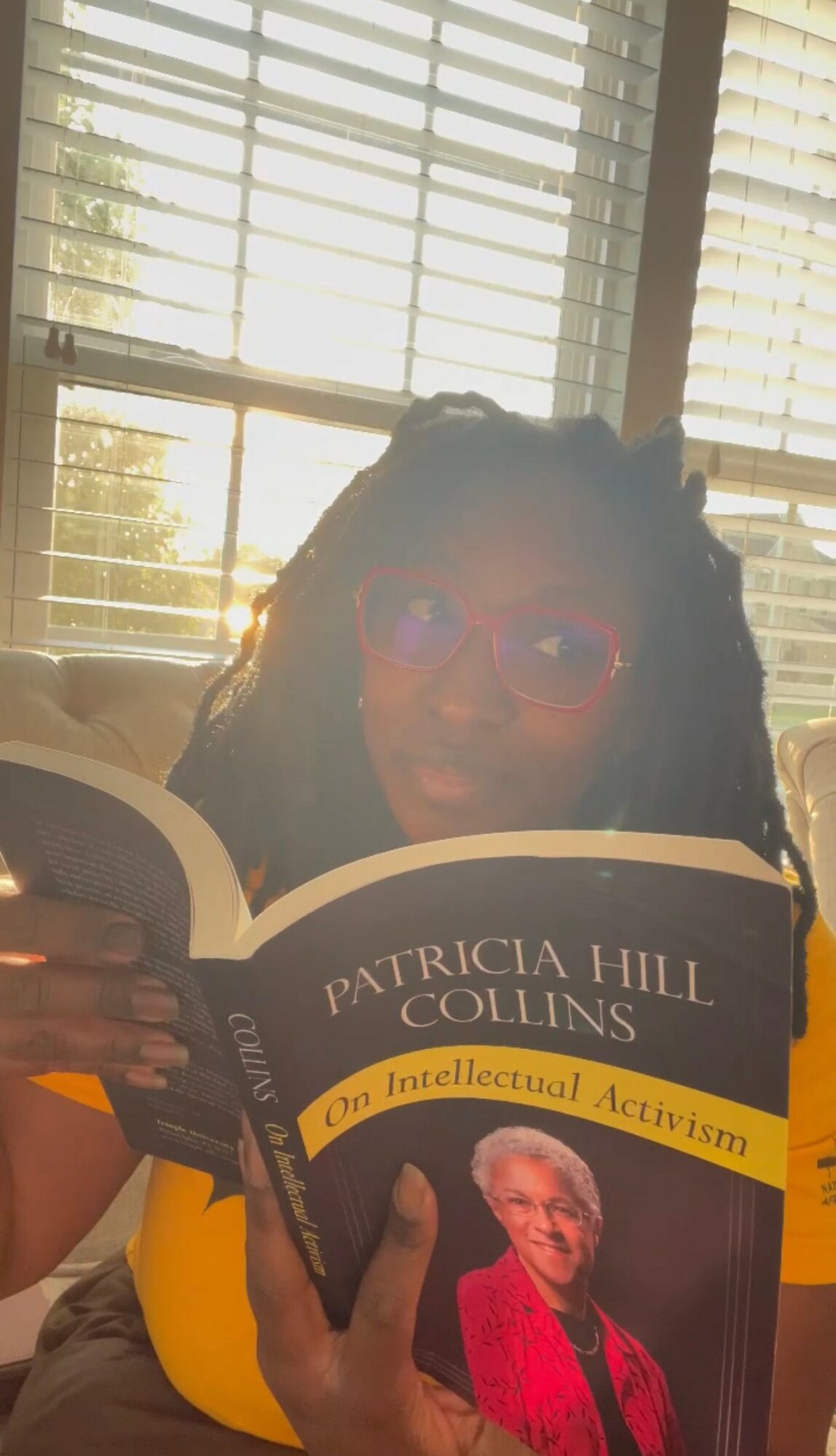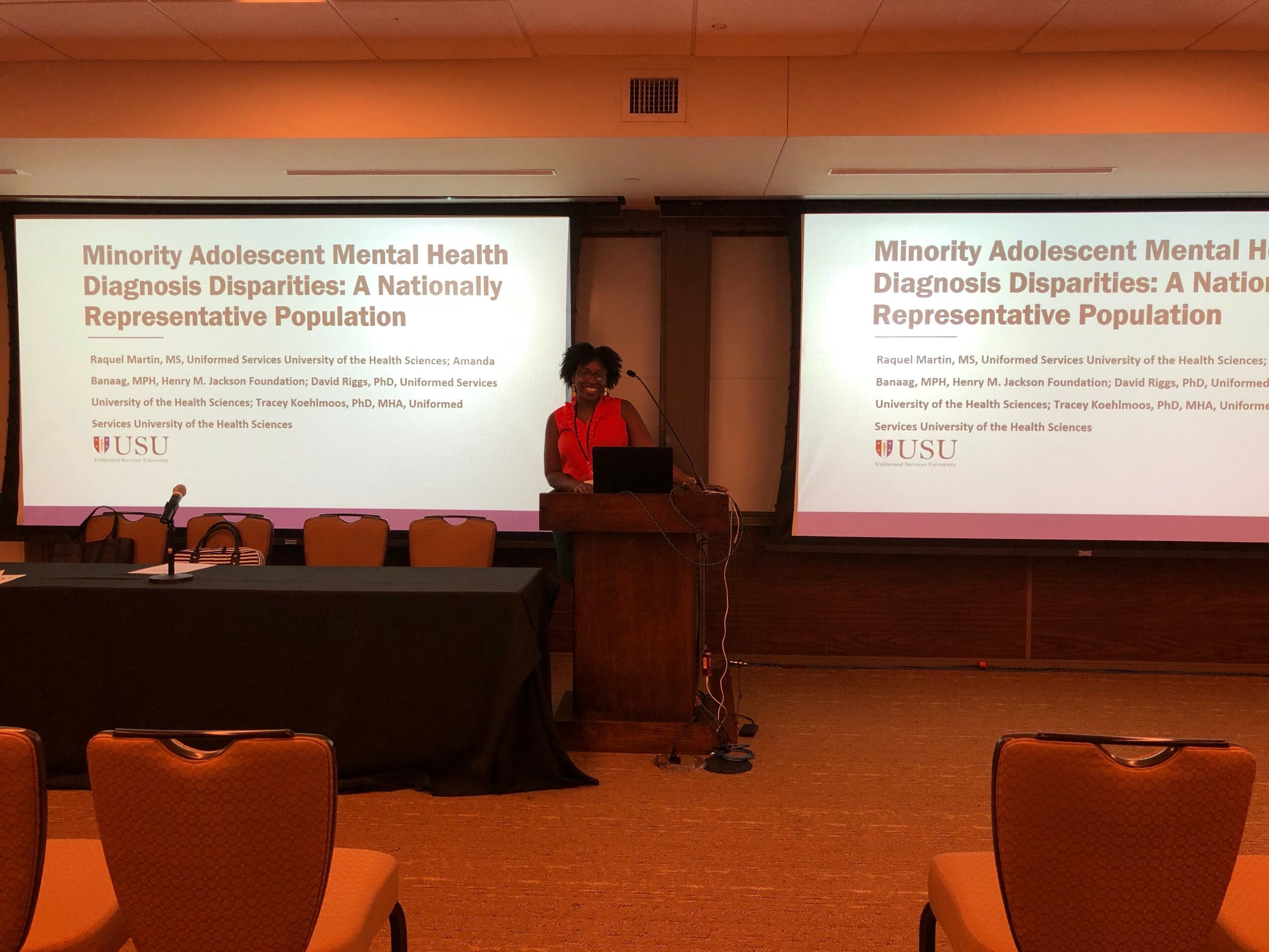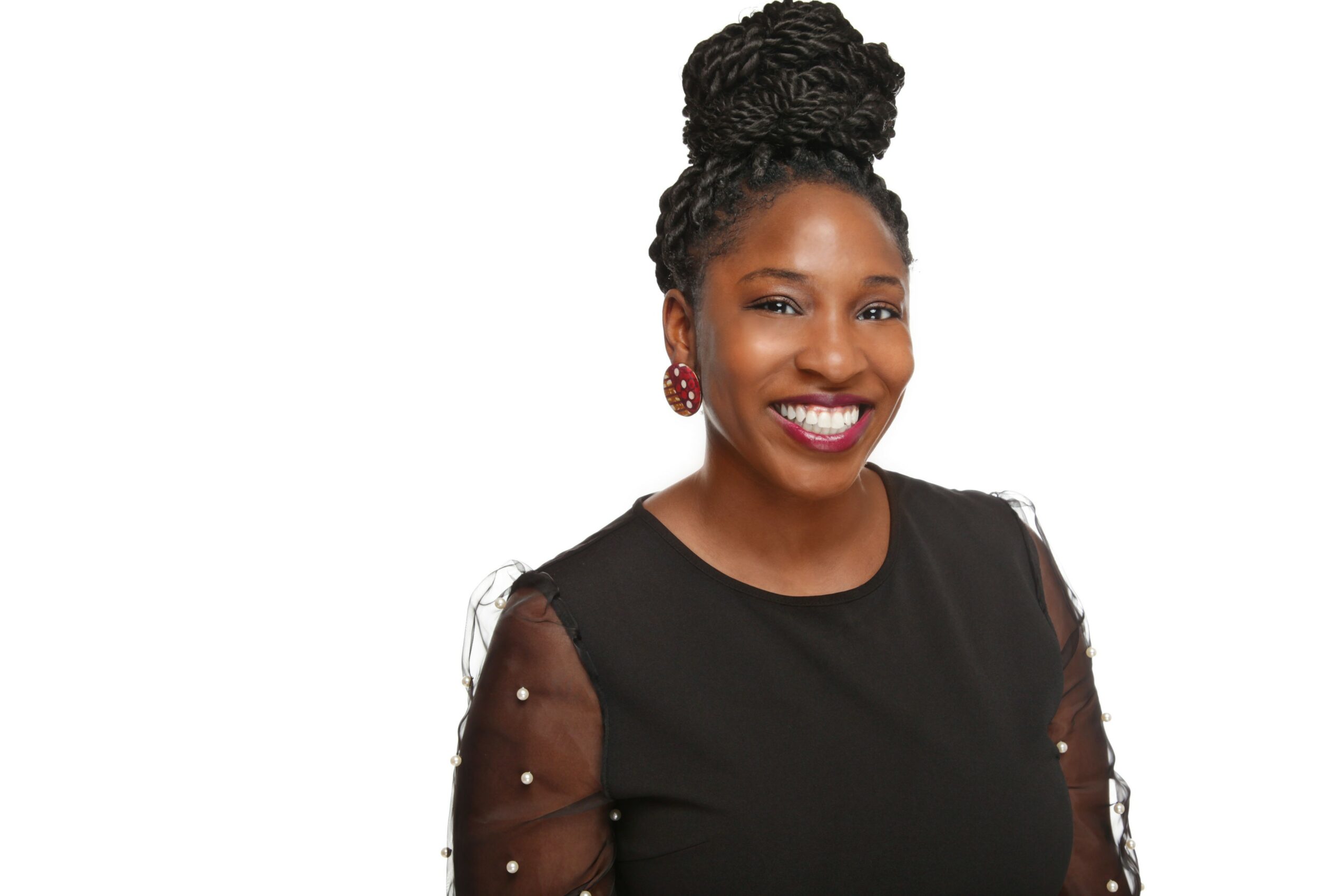

Today we’d like to introduce you to Dr. Raquel Martin, Ph.D.
Thank you so much for sharing your story and insight with our readers. To kick things off, can you tell us a bit about how you got started?
I am originally from Philadelphia. I moved to Nashville in 2006 when I enrolled at the HBCU, Fisk University. Where I earned my bachelor’s in Psychology; following that, I received my MS in Psychology from Lipscomb University and went on to work as a research coordinator at Meharry Medical College. Learning about Psychology from an HBCU was a refreshing experience because I had never had a Black professor or teacher until then. My psychology education always focused on European American men. There was very little inclusion of women and absolutely no talk of Black people or other people of color. While at Fisk, I learned that being a psychologist who focused on Black mental health was rare and significantly needed. I also knew that there were many ways to incite change in psychology at the micro and macro level. I moved to Maryland, where I earned my Ph.D. in Medical and Clinical Psychology. I completed my last two years of internship and Post-Doctoral training at Johns Hopkins University, Kennedy Krieger Institute. I recently returned to Nashville in 2020.
Can you talk to us about the challenges and lessons you’ve learned? Would you say it’s been easy or smooth in retrospect?
I think there were many struggles along the way. When I first arrived at Fisk University, I was a biology major on a proposed Pre-Med track. However, I was incredibly bored by the classes and couldn’t imagine committing myself to many years on that track. Once I took my first Psychology class, I knew that it was the field I wanted to focus on. Attending an HBCU truly impacted my educational experience. I learned that I could significantly impact the Black community by reducing mental health disparities as a Psychologist, Educator, and Researcher. However, the more time I spent in training and the more degrees I obtained, the fewer people looked like me. It was a significant stressor. There would consistently be issues in the media, the news, and even in my neighborhood that would primarily impact the Black community, making it harder to focus in class. However, there weren’t many of my peers that I could use as an outlet or that understood the intricacies of the issues. While working through my clinical, I quickly realized that this was an issue among my patients. I also often struggled with not taking on too many patients at my clinical sites. Because I was usually one of the few, if not the only Black clinician, my caseload was always full. It was and still is quite the load to bear, trying to find a balance between helping my community and appropriately caring for myself.
We’ve been impressed with Martin Psychological Services, Professional LLC, but for folks who might not be as familiar, what can you share with them about what you do and what sets you apart from others?
My practice provides individual, family, and group therapy and consultation services. I specialize in racially based stressors, racial identity development, and cultural humility. I utilize therapy to work on a micro-level to improve their mental and physical health since we know that these are intertwined. Improving one will improve the other. I collaborate with my patients to identify goals and treatment plans and conceptualize presenting symptoms. Through my consultation services, I can work on a more macro level. I also conduct webinars, training, and group therapy with organizations. The webinars and pieces of training provide education regarding ways to recognize mental health difficulties, protective and risk factors for mental difficulties, and coping skills. Furthermore, due to my ability to practice in 28 states, I also provide the option for companies to utilize my services to facilitate group sessions with their employees that may need an additional safe space regarding topics such as imposter syndrome, racial stress within the work environment, and ways for upper management to support their employees of color.
One of the main things that set me apart is my credentials. I am a Black Licensed Clinical Psychologist with a Ph.D. in Medical and Clinical Psychology, and I am licensed to practice in 28 states. The American Psychological Association reported that in 2015 86 percent of psychologists in the U.S. workforce were white, 5 percent were Asian, 5 percent were Hispanic, 4 percent were black/African-American, and 1 percent were multiracial or from other racial/ethnic groups. This is less diverse than the U.S. population, which is 62 percent white and 38 percent racial/ethnic minority.
CITATION: U.S. Census Bureau. (2015). American Community Survey 1-Year PUMS file. Retrieved from www.census.gov/programs-surveys/acs/data/pums.html
Another thing that makes me unique is my training in racially based stressors and cultural competence. Many psychologists have expertise in affective disorders, such as anxiety or depression, personality disorders, etc. However, many of them miss the intersectionality of mental health alongside daily racially-based stressors, stereotype threats, or the way racial identity moderates the impact of all of these issues. My emphasis and training are with the Black community specifically; although these issues likely apply to other people of the global majority, I focus on the Black community because we have distinctive stressors that must be studied intricately to be applied appropriately in therapy and during my consultation work. My services will always work through a racial lens to provide support and solutions for my clients.
A hallmark of my brand is the goal of reaching as many people as possible. There are only so many people I can help individually through therapy. This is why I make it a point to post on social media regularly, and I have a Podcast, Mind Your Mental Podcast.
To wrap up, is there anything else you’d like to share with us?
I understand that therapy can be a privilege for so many. That’s why I thoroughly utilize my social media presence to provide education, coping skills, and a safe space for all those in my community. I feel like I do a good job connecting with my patients and audience. While social media is in no way a substitute for therapy, it is a beneficial resource through my Instagram, TikTok, and Podcast. I provide a wealth of information that can help you manage daily stressors and normalize the experiences many of us are going through.
Contact Info:
- Website: www.raquelmartinphd.com
- Instagram: https://www.instagram.com/raquelmartinphd/
- Facebook: https://www.facebook.com/MindYourMentalPodcast/
- Other: https://podcasts.apple.com/us/podcast/mind-your-mental-podcast/id1546910622


















Colleen Jousma
June 23, 2022 at 1:20 am
I am so glad there are practitioners out there like Dr Martin who are helping people whose lives are impacted my different intersectional issues. Thank you for the work you do.
Megan
June 23, 2022 at 1:45 am
What amazing insight from a truly inspirational person. Thank you Dr Martin for everything you do
Donna B
June 24, 2022 at 11:13 am
I absolutely love Dr. Martin’s TikTok account. I am learning so much. Grateful for her work.